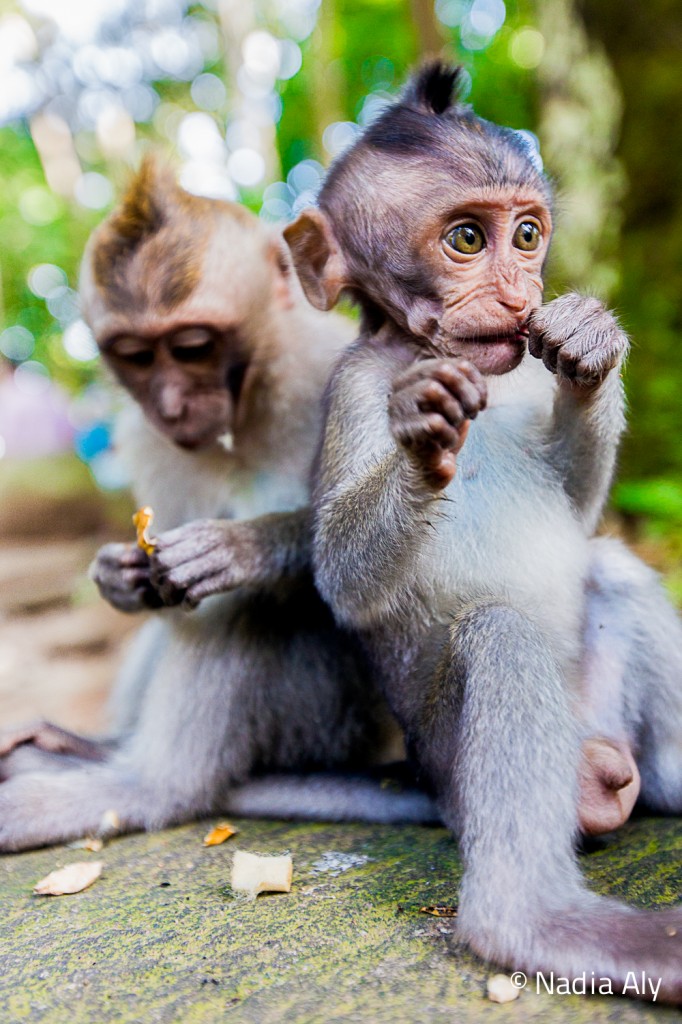Over years of involvement in conservation and wildlife protection, it’s become clear that it’s easier to marshal support for protecting the cutest and cuddliest animals. Want to protect fuzzy black and white pandas? No problem. Want to save a toad? That’s a different story, even though the toad may be much more important from an ecosystem point of view.
The problem is what journalists would call “proximity,” one of the characteristics used to determine whether or not a story will attract readers. Proximity means that a reader feels close to the story, either literally or figuratively — it’s easier to get people to care about children in need if they have children themselves, for example. Likewise it is easier to get people to care about dolphins because they’re intelligent mammals and because we see them all the time in movies, animal programs, and marine parks, which makes them more relatable to us despite the fact that they live in water.
This has been a challenge for marine conservationists for as long as it’s been a field of study. By default, people feel somewhat removed from marine life — we’re terrestrial; we don’t interact with fish; and while some of us may have had aquariums as children, we probably didn’t bond with the fish as we did with our dogs or cats. So it has always been easier to rally support, and donations, for cute land-based animals than for the common cod, even though the cod is near extinction and vital to the economies of a number of nations. I’ve coined this tendency “Darwinian Cuteness,” which can up by paraphrasing Charles Darwin, as it is a matter of Survival of The Cutest.
The challenge multiplies when it comes to animals people are in some way put off by, either out of fear, disgust or ignorance. For decades, marine conservationists tried to garner support for shark protection through bans on finning and hunting, but only in recent years have we seen any traction on this subject. Yet many countries around the world still hunt and kill sharks to “protect” humans from attack, and the number of sharks killed this way increases whenever there is a shark attack reported or even just suspected.
To want to protect animals that we feel some relation to isn’t wrong, but we need to ensure that animals that aren’t quite as popular — be they sharks, the Chinook salmon, or even the humble krill — also get the attention needed to protect the survival of the species. It is on us, as divers, as marine conservation proponents, and as citizens concerned with animal welfare to speak up for the lesser known and less media-ready species, as well as for the superstars of the animal kingdom.


